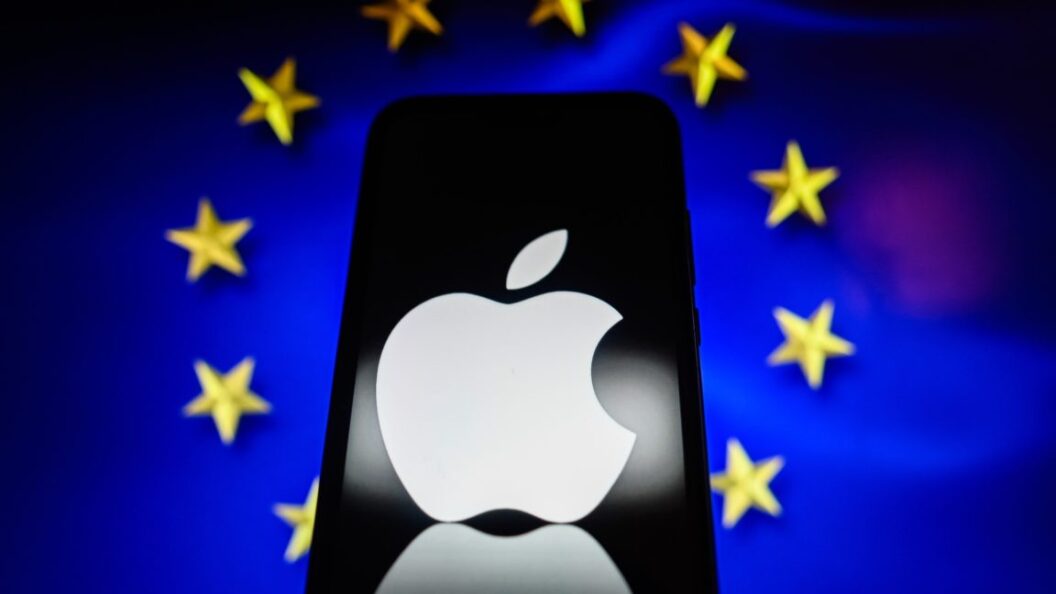Apple Modifies App Store Policies Amid EU Scrutiny
In a significant move to align with European regulations, Apple has announced changes to its App Store policies in the European Union (EU). This decision comes as the tech giant faces mounting pressure and potential fines for non-compliance with the EU’s Digital Markets Act (DMA), aimed at curbing the dominance of major tech companies.
Changes to App Store Regulations
Apple stated that it will allow developers within the EU to offer apps designed for iOS outside of its App Store. This announcement follows two months of negotiations with the European Commission, triggered by a €500 million fine for previous violations of the DMA. This act is a landmark legislation that addresses the market power held by large technology firms, ensuring fair competition and consumer choice.
The company’s adjustment comes just ahead of a crucial deadline to comply with the EU’s digital regulations to avert more severe financial penalties, which could escalate to 5 percent of Apple’s average daily worldwide revenue. This potential increase underscores the significant stakes involved for the iPhone maker.
Contentions with EU Regulators
Despite these changes, Apple has voiced concerns regarding the ongoing negotiations. The company claims that the European Commission has been shifting its expectations, complicating compliance efforts. An Apple spokesperson noted, “The European Commission is requiring Apple to make a series of additional changes to the App Store. We disagree with this outcome and plan to appeal.”
In response, a spokesperson from the European Commission stated that the body will review the new business terms to determine their compliance with the DMA. They emphasized the importance of input from market operators and interested parties during this assessment, indicating that further scrutiny and potential adjustments may still lie ahead.
Broader Context and Implications
Apple’s decision to modify its App Store policies is emblematic of a larger conflict between Brussels and U.S. tech firms, particularly in terms of regulatory frameworks governing digital markets. The EU’s stringent regulations have become a contentious topic, especially as U.S. officials, including former President Trump, have expressed concerns over such legislation.
As negotiations between Brussels and Washington approach a pivotal deadline on July 9 for a possible trade agreement, EU leaders have clarified that they remain committed to enforcing the DMA and are unlikely to alter their regulatory stance as part of these talks.
The EU’s actions against Apple and other tech giants reflect a broader effort to ensure competitive integrity within digital marketplaces. These developments may set precedents not only for the technology sector but also for future international trade discussions.
Conclusion: A Shifting Landscape
Apple’s initiative to adapt its policies under growing regulatory scrutiny illustrates the significant pressures faced by major tech companies in today’s evolving digital landscape. The potential for escalating fines and heightened scrutiny suggests a pivotal shift in how tech giants like Apple will operate within heavily regulated markets.
As the situation develops, the implications for developers, consumers, and the global tech industry could be profound. How effectively Apple navigates this regulatory environment will likely influence its operational strategies and relationships within Europe and beyond in the coming years.









